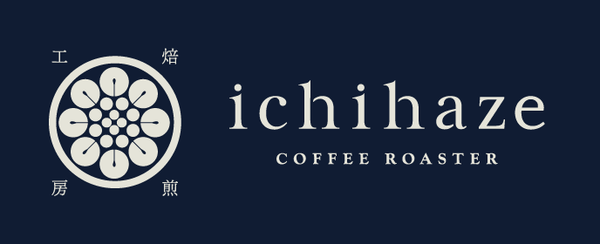Colombia - La Independencia
Colombia - La Independencia
Origine: Inza, Cauca, Colombia
Variety: Colombia
Process: Washed
Elevation: 1,950 MASL
Farm Owner: Jose Domingo Pechené
This coffee was produced by Jose Domingo Pechené on his small farm, La Indepencia, located near the town of Agua Blanca, in the municipality of Inzá in the state of Cauca, Colombia.
At nine hectares in size, La Independencia (which translates to ‘the independence’ in Spanish) is a relatively large farm for the region. It’s located at 1,950m above sea level, in the steep, rugged hills that surround Agua Blanca and overlooking the valley surrounding the Paez river. The property has access to an impressive waterfall providing Jose Domingo with abundant freshwater for the processing of his coffee. Jose Domingo, who lives at La Independecia with his wife Luz Amanda and their four children, has been farming coffee for seventeen years, and grows sugar cane and raises fish to supplement the family’s income.
La Independencia is mainly planted with Colombia, a hybrid variety introduced by Colombia’s Coffee Federation (FNC) in the 1980s as part of the country’s efforts to reduce the incidence of coffee leaf rust without affecting cup quality. Jose Domingo farms his coffee with traditional techniques and most of the labour is provided by him and his family. Fertilisation occurs around three times a year, usually after manual weeding, and pesticides are rarely used.
Like most of the nearby towns, Agua Blanca has breathtaking views of Colombia’s highest volcano, Nevado del Huila, which sits at the point where the states of Huila, Tolima and Cauca meet. The rich, volcanic soil of the area makes it ideal for agriculture and contributes to the excellent cup quality of coffees grown and processed here. Cool overnight temperatures result in dense beans, which are notable for their sweetness and complexity. Lower temperatures and high rainfall also influence processing techniques, with longer ferment and drying times being necessary.
HOW THIS COFFEE WAS PROCESSED
The coffee in this lot was selectively hand-harvested, with most labour being provided by Jose Domingo and his family. It was processed using the washed method at the farm’s ‘micro-beneficio’ (mill).
The coffee was pulped using a small manual or electric pulper and then placed into a fermentation tank, where it was fermented without water for around 36 hours (depending on the weather and the farm’s location) and then washed using clean water from nearby rivers and streams.
The coffee was then carefully dried (over 10–18 days) on concrete patio. Rakes are used to turn the coffee regularly during the drying stage, to ensure even drying. Once dry, the parchment was delivered to Pergamino’s warehouse in Medellín, where it was cupped and graded. Once approved, coffee rested in parchment until it was ready for export.
We roast on every Monday and dispatch on Tuesday.
View full details







